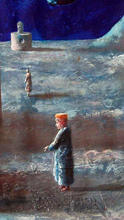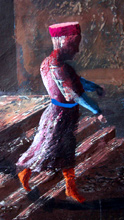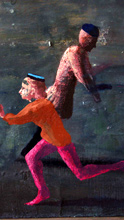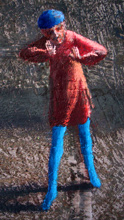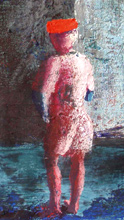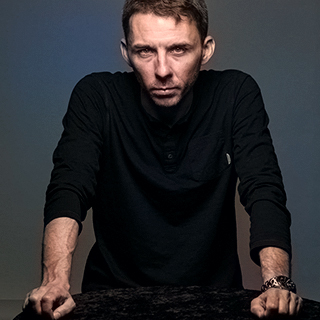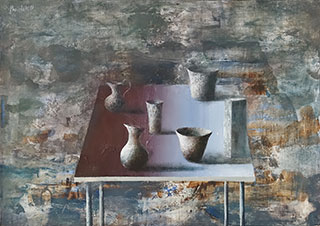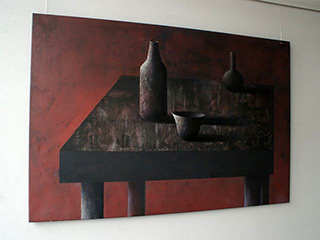The governor is gone
The governor is gone. The last clerks are leaving official buildings, carrying leather briefcases with an embossed coat of arms and a motto in letters of gold. The coachmen are getting onto the boxes.
All the streets of the city are empty, all the shutters have been closed and all the gates barred; gone are the councillors in dormouse-lined cloaks (winter is drawing near and the wind from the mountains carries ice-cold air), gone the courtesans in their patron’s carriages (hiding behind their fans, enveloped in a mist of nostalgia for the opera season), gone the cloth merchants and the spice merchants (who will cross rivers and try to reach the court of the Khans, where they sell silk and cassia, cloves and cloth of gold); the lame, the blind and the beggars have followed them.
Finally, the city is nothing but itself: brick and stone, granite-cold and grey. In the evening it offers spectacular views, uninterrupted by any human element: the shuttered windows of the palaces, the porticos of the churches, the grim facades of prosecutors’ offices and prisons. Crystal chandeliers vibrate under their cloth coverings in distant corridors. Forgotten pearls are yellowing in the drawers of dressing tables, in deep cellars mould is eating through corks, spoiling the wine. November is coming, the sea is rough, frost encloses the earth in its grip.


